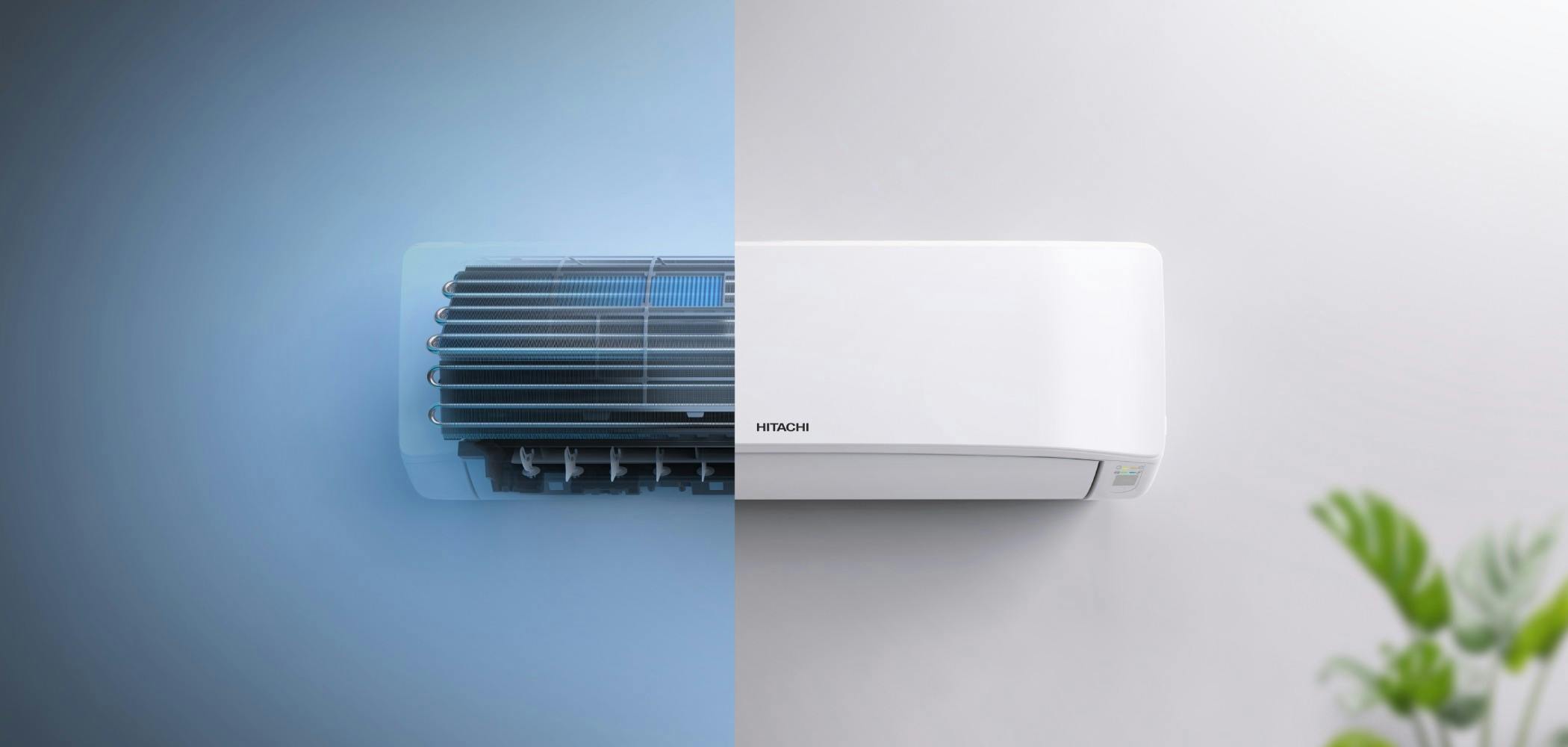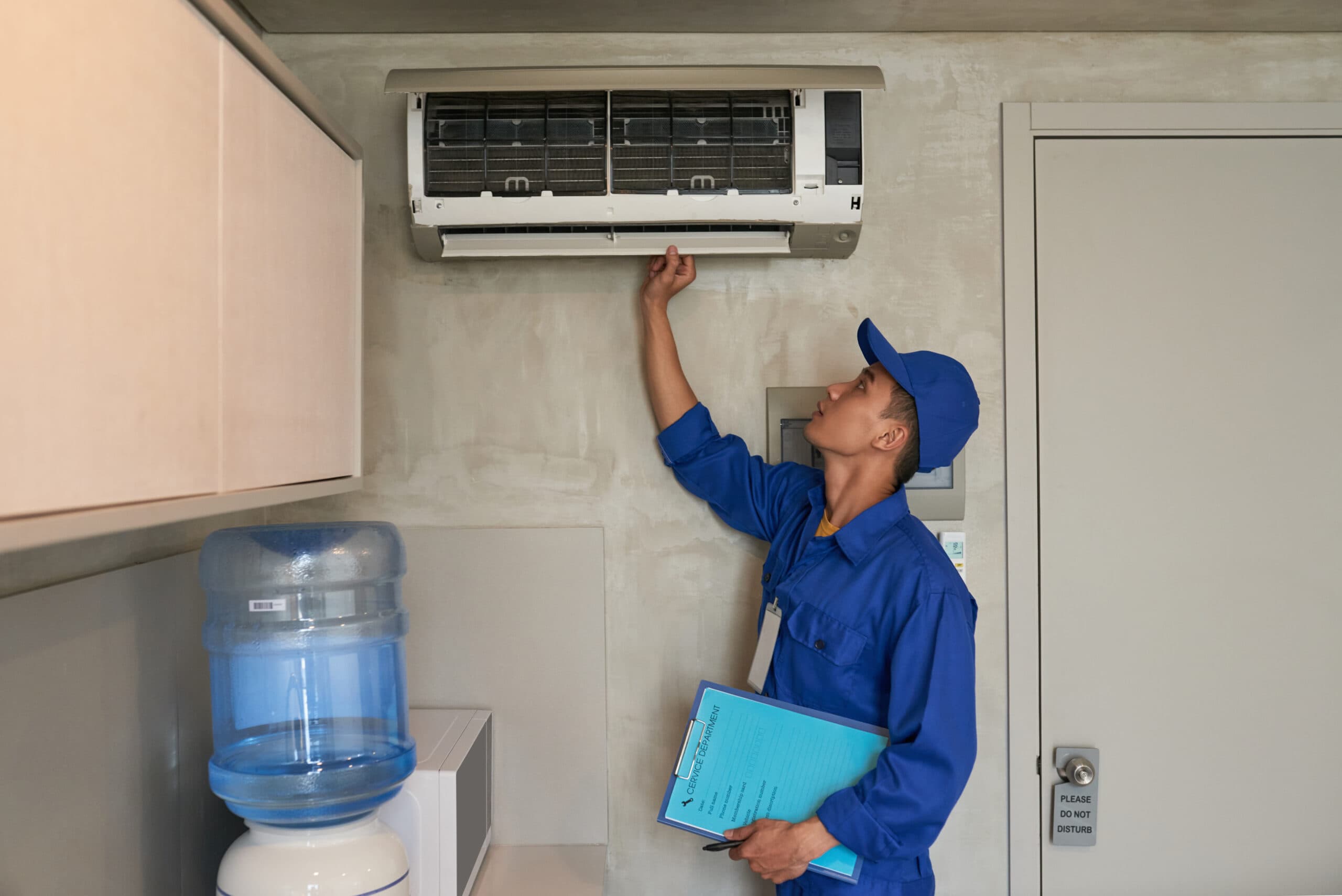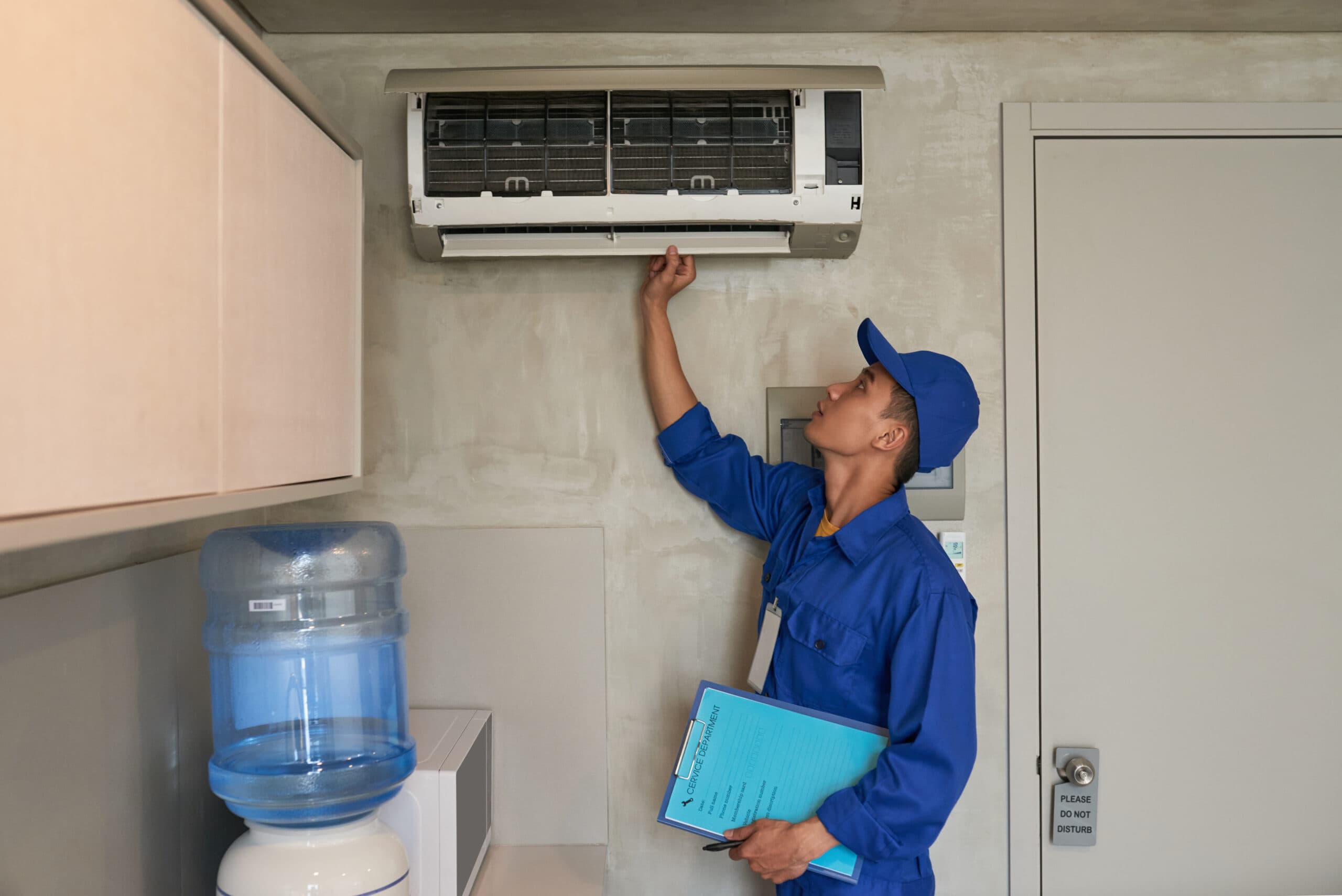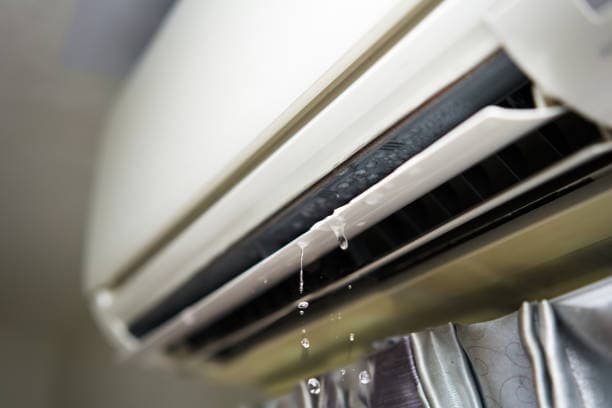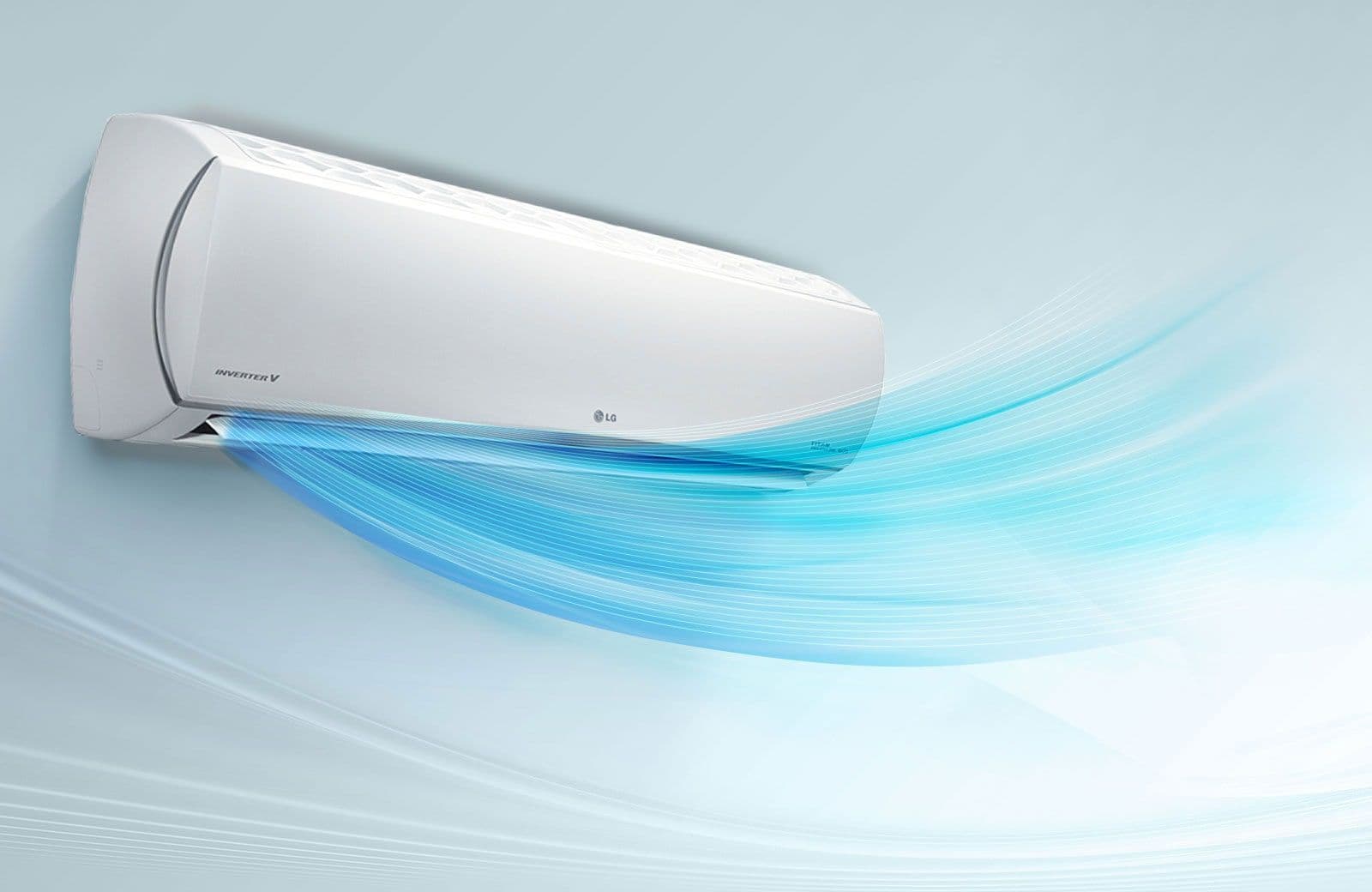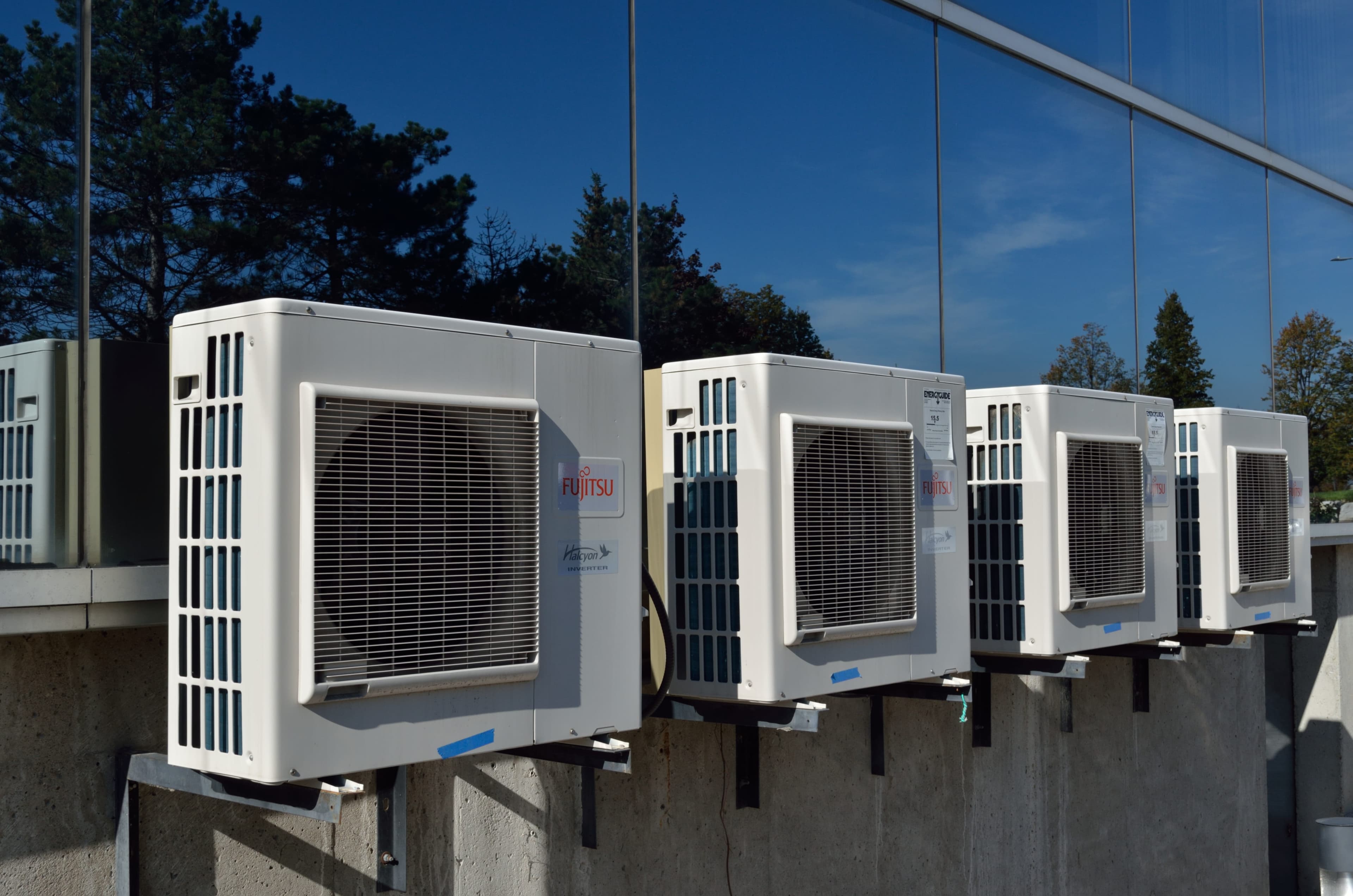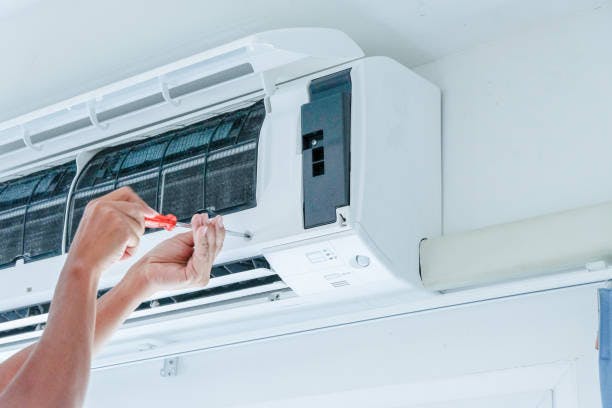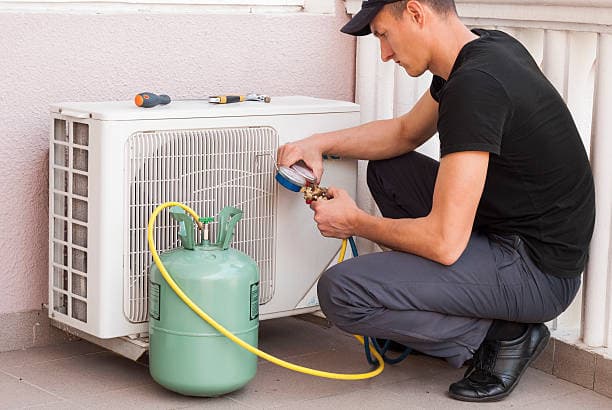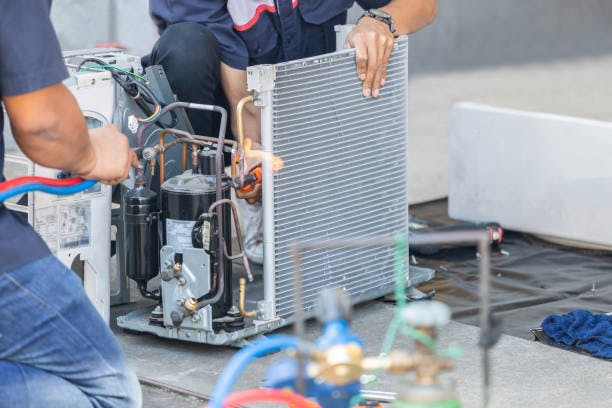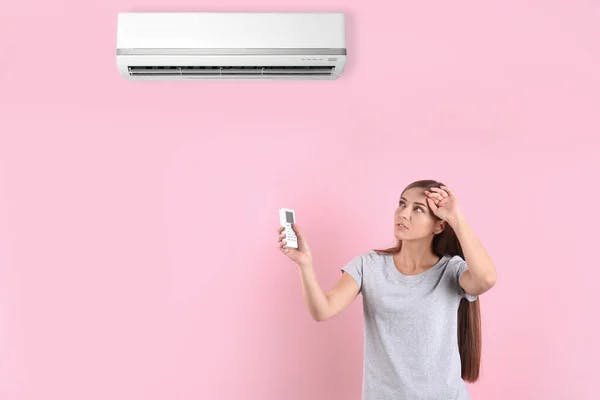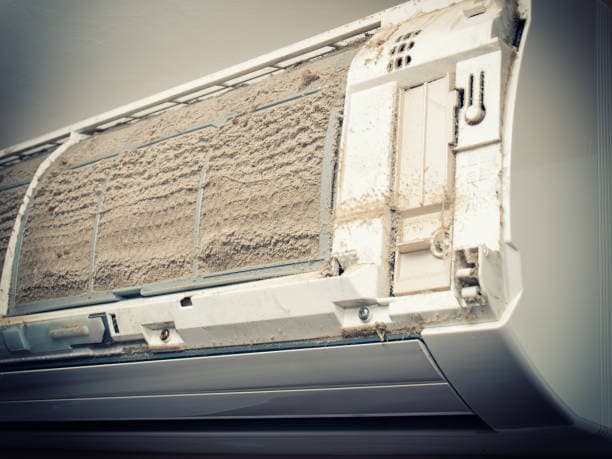In this scorching heat of Singapore, aircons are a lifeline, providing much-needed respite from the oppressive weather. To ensure that your aircon unit functions efficiently and reliably, it is essential to do regular servicing.
According to aircon service providers, whether or not the aircon is suspected with any problem; it is advised to have it serviced and inspected at least once every three months. Irrespective of the fact the aircon is faulty, performing a general servicing at this frequency, will ensure its operation at maximum efficiency.
- Factors That Influences The Frequency Of AC Servicing
- Recommended Frequency for Aircon Servicing
- Why Is Regular Aircon Servicing Necessary?
- Signs That Your Aircon Needs Servicing
- The Aircon Servicing Process
- DIY Aircon Maintenance Tips
- Singapore's Regulations On Aircon Systems
Factors That Influences The Frequency Of AC Servicing
| The Type Of Aircon Unit | There are primarily two types of air conditioners: Window Aircon Units and Central Aircon Systems. The former is smaller and installed in single-room. These aircons usually need to be serviced once a year. It is recommended to service before the summer season as the usage rate is higher during this season. The latter is the second type that cools down the entire house. This type of system needs servicing every six months or at least once a year. |
| The Pattern of its Usage | Every household has different usage pattern. The frequency, at which the air conditioner needs to be serviced to a large extend depends on how often it is being used; seasonally or all year-round. |
| The Environment | The environmental conditions are also a key deciding factor on how often your aircon needs a servicing. It’s important to factor in climate, air pollution, and dust. |
| Signs From The Air Conditioner Itself | Often times, your aircon gives different signs indicating that it needs attention. Sudden water leakage, reduced cooling etc are indications that your aircon needs an immediate servicing. |
| Manufacturer’s Recommendations | How often, an aircon unit needs general servicing also varies depending on the brand and model type. It is thus important to follow the guidelines provided by the respective manufacturers. |
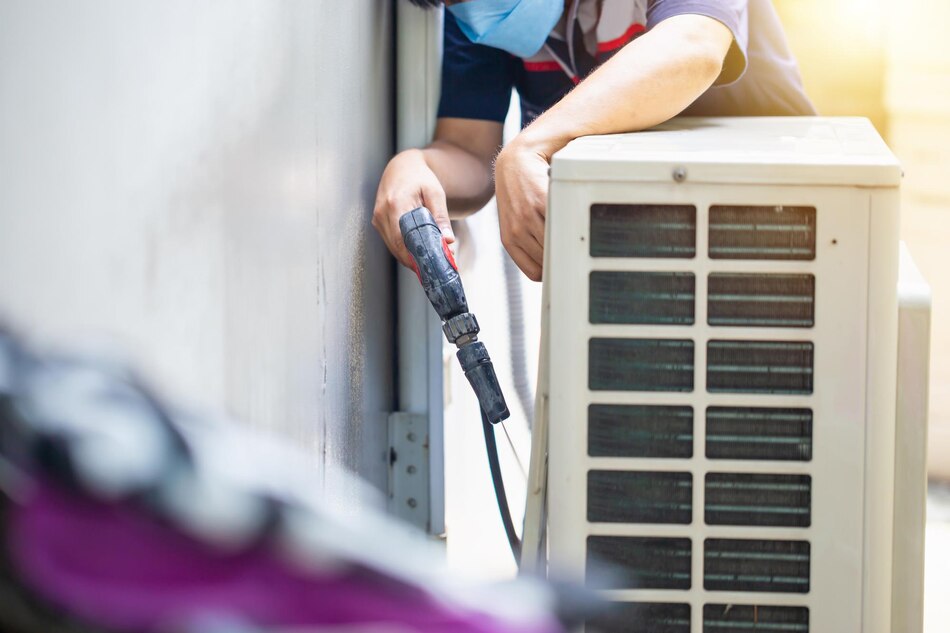
Recommended Frequency for Aircon Servicing
The general rule of thumb for servicing aircons in Singapore is every 3 to 4 months. However, the frequency of servicing can vary depending on several factors such as usage, environment, and type of aircon system you have.
| Regular Household Use | If you use your aircon for 8 hours a day or more, a quarterly service (every 3 months) is recommended to keep it in optimal condition. |
| Low Usage | If you use your aircon for less than 5 hours a day, you can opt for servicing every 6 months. |
| Commercial Aircons | For offices and other commercial spaces where aircons are used constantly throughout the day, a monthly service may be required to ensure smooth operation. |
Why Is Regular Aircon Servicing Necessary?
Regular aircon servicing offers several benefits beyond just keeping your home cool. Below are some reasons why maintaining a consistent servicing schedule is essential.
| Improves Energy Efficiency | Aircons that are not well-maintained tend to consume more energy because they have to work harder to cool your space. Dirty air filters, clogged condenser coils, and low refrigerant levels can significantly reduce an aircon’s efficiency, leading to higher electricity bills. Regular servicing helps identify and rectify these issues, ensuring your aircon operates at its peak performance and saves you money in the long run. |
| Prevents Breakdowns | Aircon breakdowns are not only inconvenient but can also be costly to repair. A regular aircon service schedule helps identify potential issues early, such as worn-out components or refrigerant leaks, before they become more significant problems. Catching these problems early allows for timely repairs, reducing the risk of unexpected breakdowns, especially during Singapore’s scorching hot months. |
| Extends Lifespan | Just like any other home appliance, your aircon will wear out over time. Regular servicing can extend the lifespan of your air conditioning unit by preventing excessive wear and tear. With proper care, a well-maintained aircon can last up to 15 years or more, giving you a greater return on your investment. |
| Improves Indoor Air Quality | One often-overlooked benefit of regular aircon servicing is improved indoor air quality. Dirty air filters and evaporator coils can harbor dust, allergens, and mold, which get circulated into your living space. Poor indoor air quality can lead to health issues such as respiratory problems, allergies, and fatigue. Cleaning or replacing the filters during servicing helps maintain fresh and clean air in your home, promoting better health for your family. |
| Maintains Cooling Efficiency | Over time, your aircon’s performance can deteriorate due to dirty components and insufficient refrigerant. Regular aircon servicing ensures that your unit cools efficiently, allowing it to maintain the desired temperature without overworking. This is particularly important in Singapore’s hot climate, where efficient cooling is necessary for comfort and well-being. |
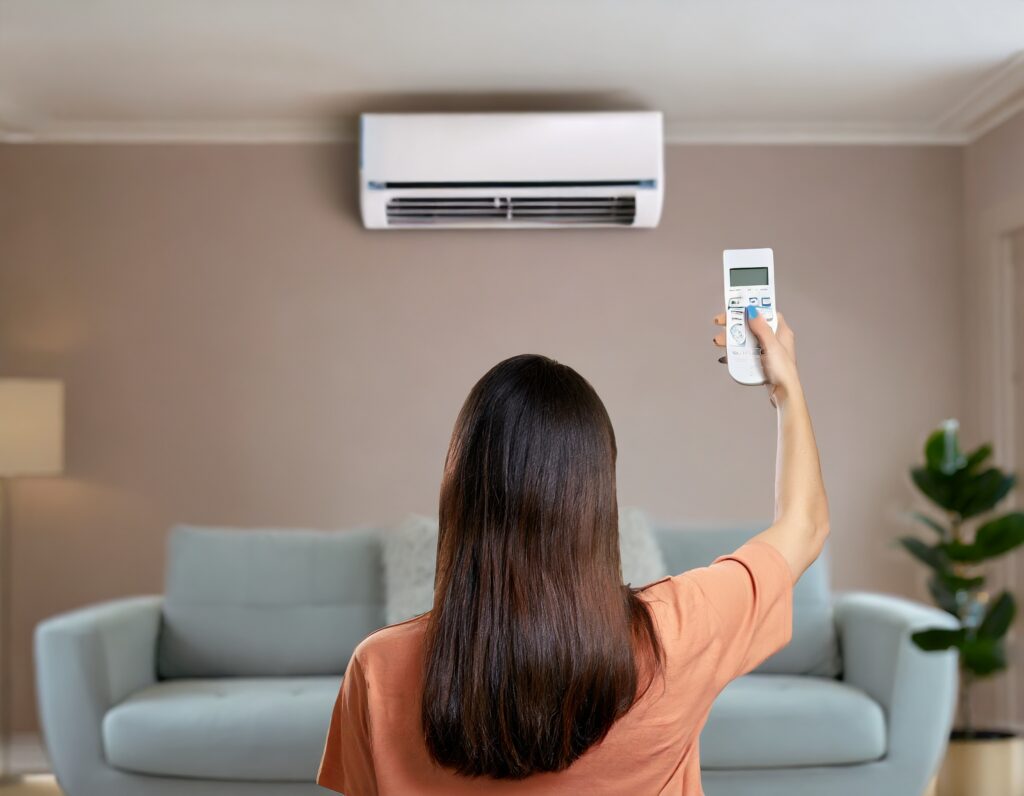
Signs That Your Aircon Needs Servicing
Apart from following a routine servicing schedule, it’s important to be aware of signs that indicate your aircon may require immediate attention.
Here are some common indicators that your aircon is due for servicing:
| Reduced Cooling Performance | If your aircon isn’t cooling your room as effectively as it used to, it may be due to clogged filters, dirty evaporator coils, or low refrigerant levels. |
| Strange Noises | Unusual sounds such as rattling, buzzing, or grinding from your aircon could indicate issues with the fan motor, compressor, or other components. |
| Water Leakage | If you notice water leaking from your aircon unit, this could be a sign of a blocked drainage pipe or an issue with the condensate pan. |
| Foul Odors | Musty or foul smells from the aircon may suggest mold or mildew buildup, which should be addressed immediately to avoid health issues. |
| Higher Electricity Bills | A sudden increase in your electricity bills despite normal aircon usage often indicates that the system is working inefficiently and needs servicing. |
The Aircon Servicing Process
Understanding what happens during an aircon service can help you appreciate its importance and ensure you get the most out of it.
| Cleaning Air Filters | One of the first steps in an aircon service is cleaning or replacing the air filters. This helps to ensure smooth airflow and maintain clean indoor air quality. |
| Checking Refrigerant Levels | Low refrigerant levels can cause your aircon to work harder, consuming more energy. A technician will check refrigerant levels and top up if necessary during servicing. |
| Cleaning Coils and Fins | Dirt and debris can accumulate on the evaporator and condenser coils, reducing efficiency. Regular cleaning of these components helps improve heat exchange and cooling performance. |
| Inspecting Electrical Components | Technicians will inspect electrical components, such as the capacitor, wiring, and thermostat, to ensure everything functions correctly. |
| Testing the System | Once all cleaning and repairs are complete, the technician will test the aircon system to ensure it operates efficiently. |
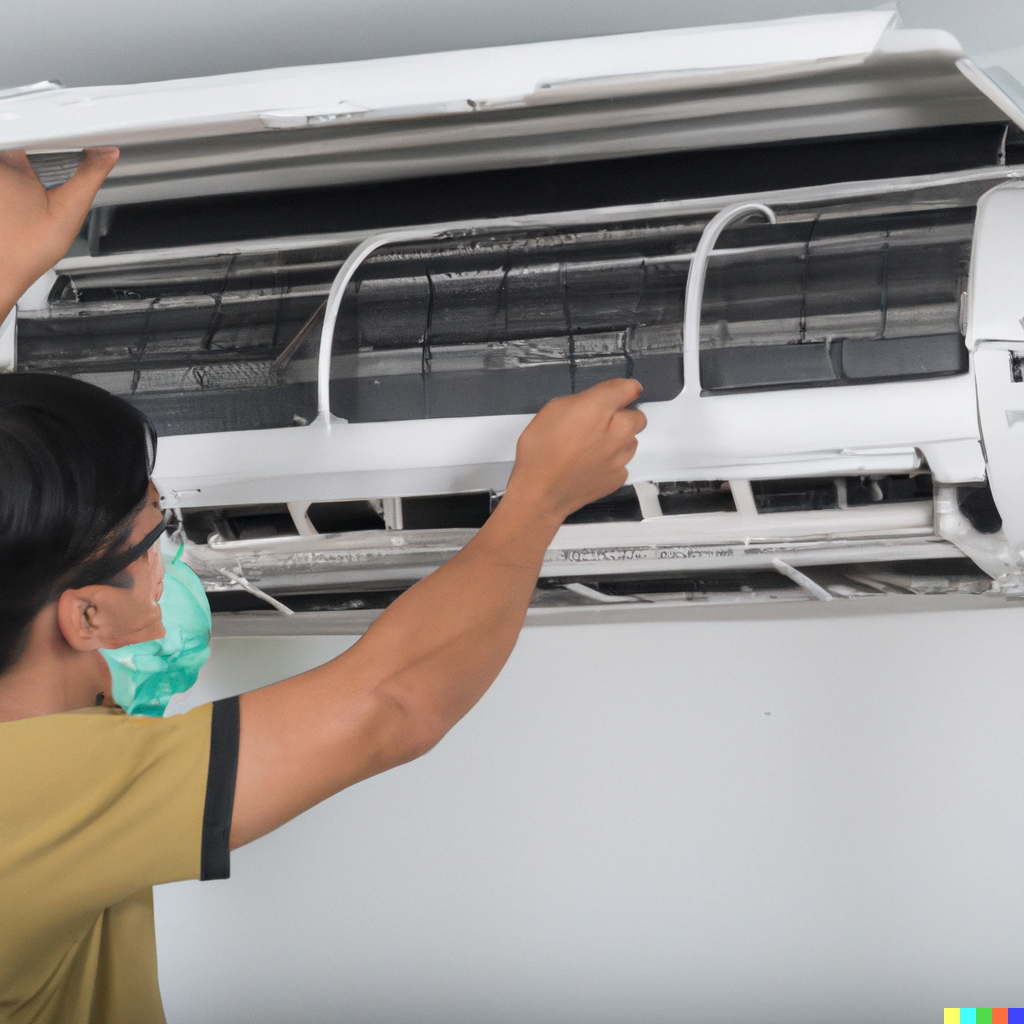
DIY Aircon Maintenance Tips
While professional aircon servicing is essential, there are some simple DIY tasks you can do between services to keep your aircon in good shape.
| Clean the Air Filters | Every month, remove and clean the air filters with water or a vacuum to remove dust and debris. |
| Check for Obstructions | Make sure no obstructions, such as furniture or curtains, block airflow from your aircon vents. |
| Inspect the Outdoor Unit | Keep the outdoor condenser unit free from leaves, dirt, and debris that could block airflow and reduce cooling efficiency. |
| Monitor Performance | Keep an eye on how well your aircon is performing. If you notice any issues, contact a technician before they escalate. |
Singapore’s Regulations On Aircon Systems
In Singapore, the National Environment Agency (NEA) and the Building and Construction Authority (BCA) have placed regulations around air conditioning systems to ensure safety and environment efficient operation. These regulations include the Air-Conditioning and Mechanical Ventilation (ACMV) system under the Building Control Act and the Environmental Public Health Act.
As per these regulations, the NEA recommends regular servicing of all aircon units at least every three months, whereas BCA recommends a servicing at least once a year.
All aircon service contractors must be licensed by NEA and the technician must be trained to conduct aircon servicing.
All residential and business air conditioning systems must comply with these regulations in Singapore.
Final Thoughts
Regular aircon servicing is vital to ensure the efficiency, longevity, and health benefits of your air conditioning system. Depending on how frequently you use your aircon, aim to schedule professional servicing every 3 to 6 months. Routine maintenance keeps your aircon functioning at its best and saves you money by improving energy efficiency and preventing costly repairs. Be proactive about aircon care; you’ll enjoy cool, comfortable air in your home year-round.
Always remember to consult with reliable and professional aircon servicing companies in Singapore for top-notch care of your unit. Whether it’s for your home or office, maintaining a regular service schedule will help keep your aircon running smoothly, especially during Singapore’s hot and humid seasons.
